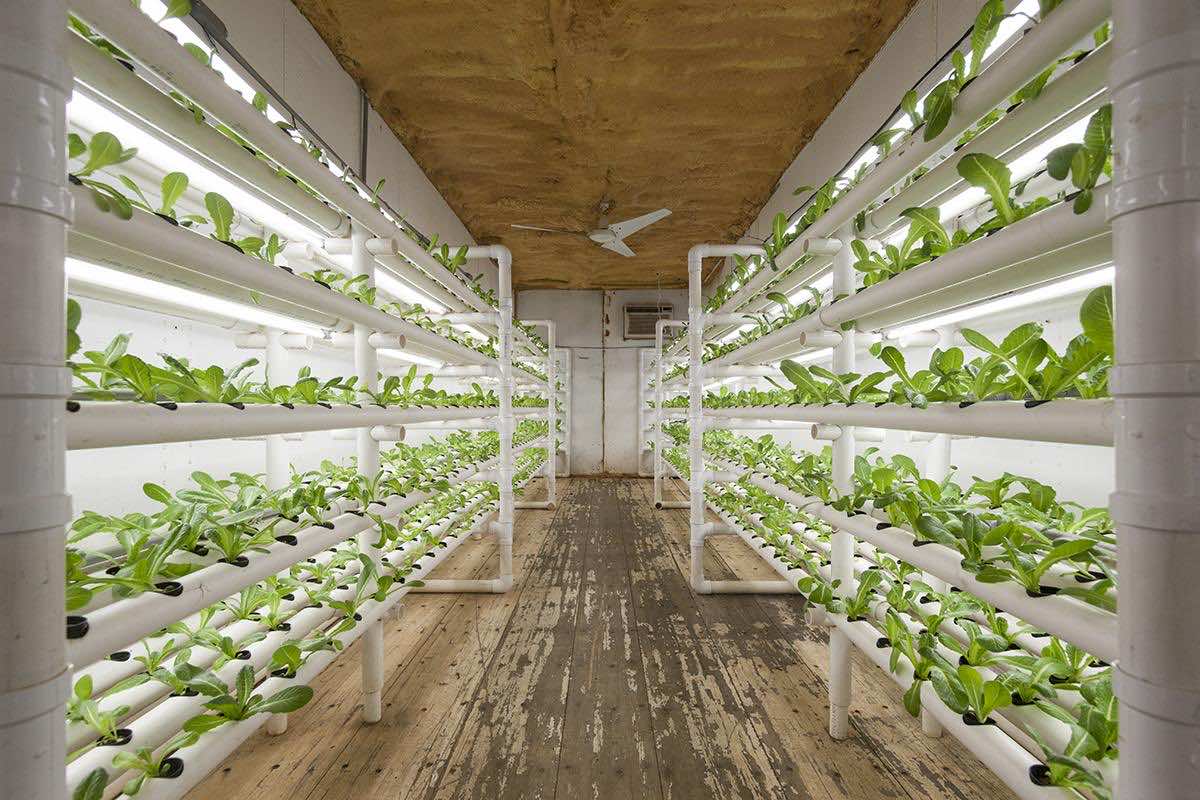Technology and farming have always been deeply intertwined. The world’s food supply is a perennial concern, so as soon as a new innovation proves useful, scientists and engineers will find ways to apply it to growing food. For farmers, this means access to customized applications of technology to meet specific needs. Here is a brief overview of how smart technology and smart devices are changing the game in agriculture.
What Is Smart Technology?
According to Williams University, a smart device is one that can communicate wirelessly with other technology in the same network. You can often manage and operate smart technology remotely on a personal device, such as a tablet or smartphone.
For example, a smart TV can connect to a home’s internet to play content hosted on the internet, such as Netflix shows, directly. A smart home system allows the user to control lights, locks, audio and other electronics from a smartphone instead of separate remote controls.
Smart technology is about more than just convenience, however. This wireless technology is even more useful in cutting-edge agtech applications than it is around the house.
How Can Smart Technology Help Conserve Water?
One of the most exciting applications of smart technology in farming is water conservation. With persistent drought plaguing most of America, there’s never been a more critical time to examine an irrigation setup. Upgrades can save money in the long run by helping you make the most of your freshwater supply.
To use water effectively, you have to have both control over the flow of water and data on where water is most effective. An easy-to-use smart irrigation valve delivers both in one innovative piece of tech. Remember that smart devices wirelessly connect with other computers, phones and tablets in a network. These valves can help you control the flow of water with newfound accuracy remotely. They can also transmit data on water usage, showing you which blocks perform best with set amounts of water. Cut costs on expensive trucked-in freshwater by incorporating smart irrigation technology.
How Can Smart Technology Make Other Challenges of Operating a Farm Easier?
Smart technology has other applications on a farm as well. Optimizing processes using hard numbers streamlines your operation. Smart tech also gives you more control when responding to environmental and large-scale challenges.
Labor Challenges
Many farms have difficulty finding workers in the current economic climate. Turning to tech can automate some jobs and take the pressure off. Using technology can also allow you to offer fewer, higher-paying jobs as opposed to having to fill many manual labor positions. Certain manual farm work tasks, such as monitoring soil health or taking the temperature of livestock, can be accomplished entirely through the right smart sensor technology.
Fighting Disease
The best way to mitigate disease risk on a farm is to catch the signs early. Similar to fighting disease in your own body, containing an outbreak in the first stages makes managing it far easier.
Smart technology brings all the crucial information on your farm into the palm of your hand. Remote sensors can monitor crop growth, and programs can calculate the optimal time to intervene in pest control situations. With rising prices of pesticides and insecticides, smart technology gives you the data and tools to use only what your farm needs, saving time and money.
Soil Health
Commercial farming can be a drain on mineral supplies in the soil. It can also speed up erosion, gradually turning land dusty and less fertile. That’s why the USDA has invested $21.7 million in technology that can address and improve soil health on American farms.
Smart sensors inserted into the soil can monitor several key health metrics. Oxygen in soil is important for plant metabolism and health, but these levels can deplete over time. Sensors can also report the pH of the soil.
Why is monitoring soil important? These metrics can help gauge more accuracy when fertilizer is necessary and when alternative solutions, such as cover crops and crop rotation, may be able to get the job done.
Major Decision Making
Smart technology in farming provides data to guide major decisions. Whether you’re branching out your operation, addressing a crisis or mitigating future risk, having all the facts is essential to running a smarter farm operation. From there, smart technology in irrigation and pest management can give you better control over your resources, both natural and bought-in.
Farming has always been about adaptability. Changing tactics based on new information can provide better yields. Smart technology allows you to see and control your entire operation at a glance.


